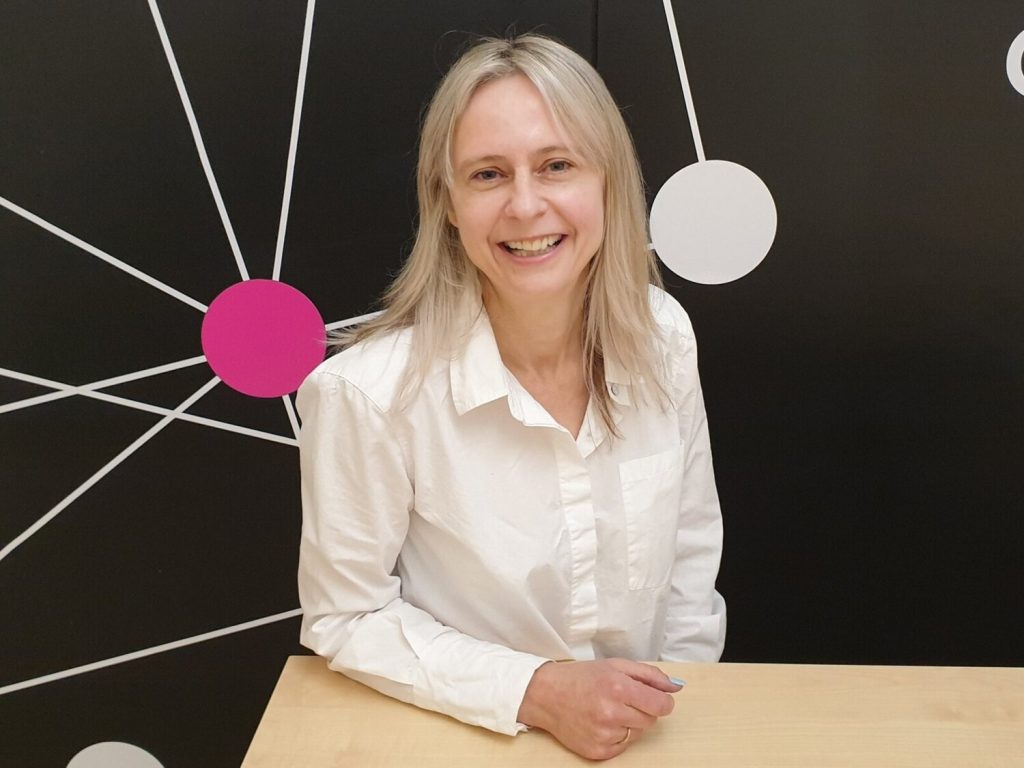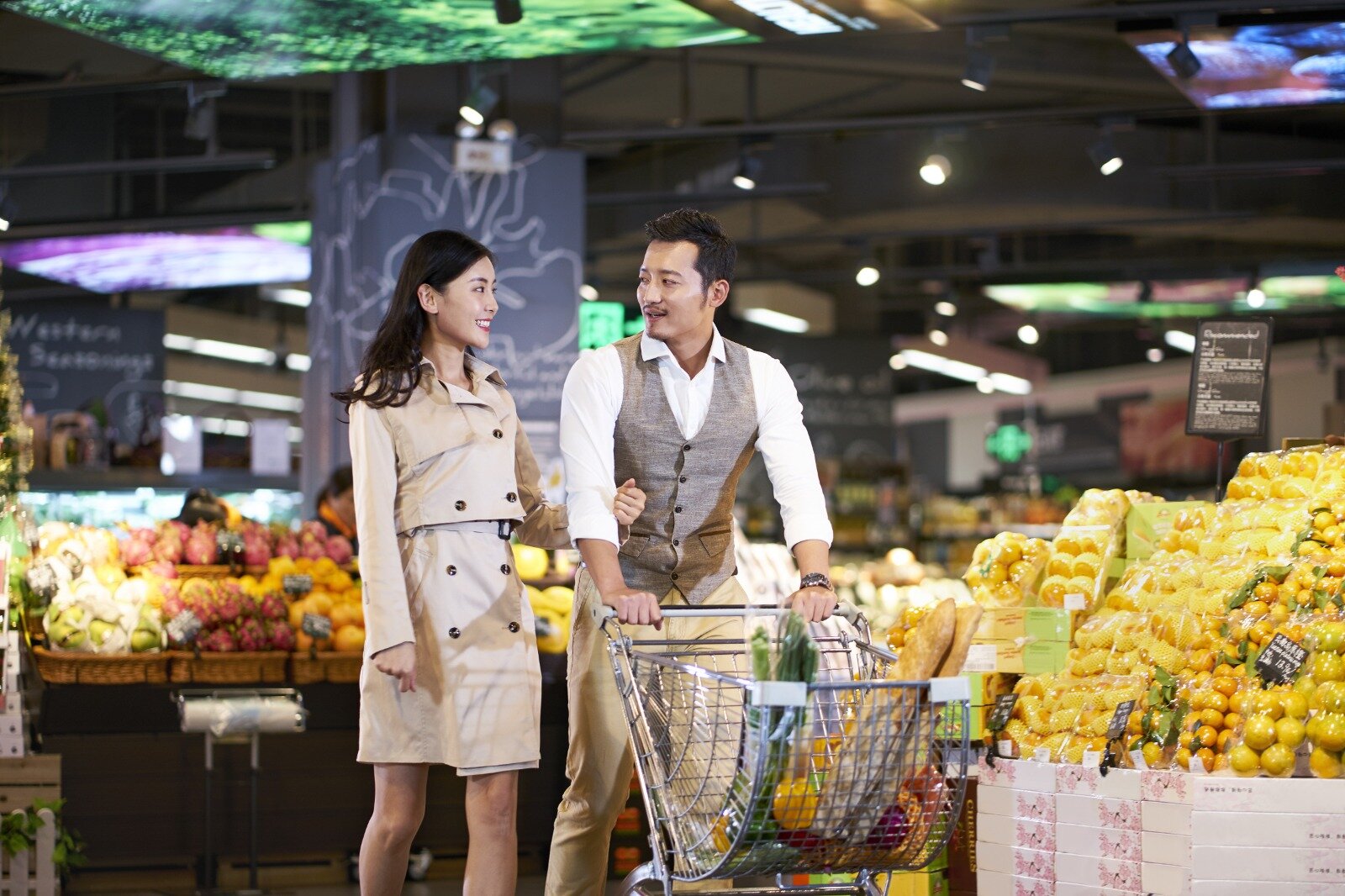Sorry, Christmas is delayed. Better luck next year.
If you’ve been struggling to get your hands on consumer goods this Christmas then you’re not alone. As we all know, Covid stretched the world’s supply chains to their limits, but over the last 12 months things started to come right, right?
Well, yes and no. For sure freight has started to move around the world more freely, but we’ve quietly replaced one major global crisis with another series of mini-crises that will continue to challenge retailers as they try and keep shelves stocked and prices under control through 2024. Over the past couple of weeks 2 interesting articles appeared in The Economist that caught our eye.
1 - A new Suez crisis threatens the world economy
The TLDR version of this article is that ab al-Mandab (a narrow strait between Africa and the Arabian peninsula through which an estimated 12% of global trade by volume normally flows has become a no-go zone as the Houthis, based in Yemen, attack shipping.
On December 15th Maersk and Hapag-Lloyd paused their services. On December 16th cma cgm followed, as did msc which said that its ships would not use the Suez Canal in either direction “until the Red Sea passage is safe”, and that some vessels would be rerouted via the Cape of Good Hope adding weeks to delivery times and significant additional cost from additional fuel burn.
And
2 - Severe drought is constraining the Panama Canal
The TLDR version of this article is that the Panama canal (through which 6% of the worlds freight transits between the Atlantic and the Pacific) is having its own existential crisis due to a lack of rain fueled by climate change.
Rainwater is essential to the functioning of the canal: it is situated 26 metres (85ft) above sea level and it needs fresh water to operate the series of locks that lift ships so that they can enter and leave it. Each transit uses on average 200m litres of water, equivalent to the contents of 80 Olympic-size swimming pools. As a result of drought the number of ships permitted to transit each day has been reduced by 50% (from 40 to 20).
As transit numbers fall, auction prices (which is how a proportion of slots get allocated) will increase. On November 8th, Japan’s Eneos Group paid nearly $4m, in addition to the usual transit fees of around $400,000, to expedite passage for one of its liquefied petroleum gas carriers. Some carriers may consider rerouting through the Suez Canal (!) or around Cape Horn.
The effects of these two canal-related problems may not be felt until next year, but they will most likely continue to put upward pressure on prices and further stretch supply chains that are only just recovering from Covid. So if you thought 2023 was challenging, look out for 2024!
At Quantiful we can’t fix climate change and we can’t fix the world’s geo-political problems, but we can help retailers understand the impact these things have on their demand profiles and help them make better planning decisions in the light of them. So, if you’re struggling to meet the demands of your customers this Christmas then maybe it’s time to change the way you plan for the next one.
Share this
You May Also Like
These Related Stories

Why Supply Chain Planning Just Got A Whole Lot More Important

Why Our New Chief Product Officer is Obsessive About Customers
